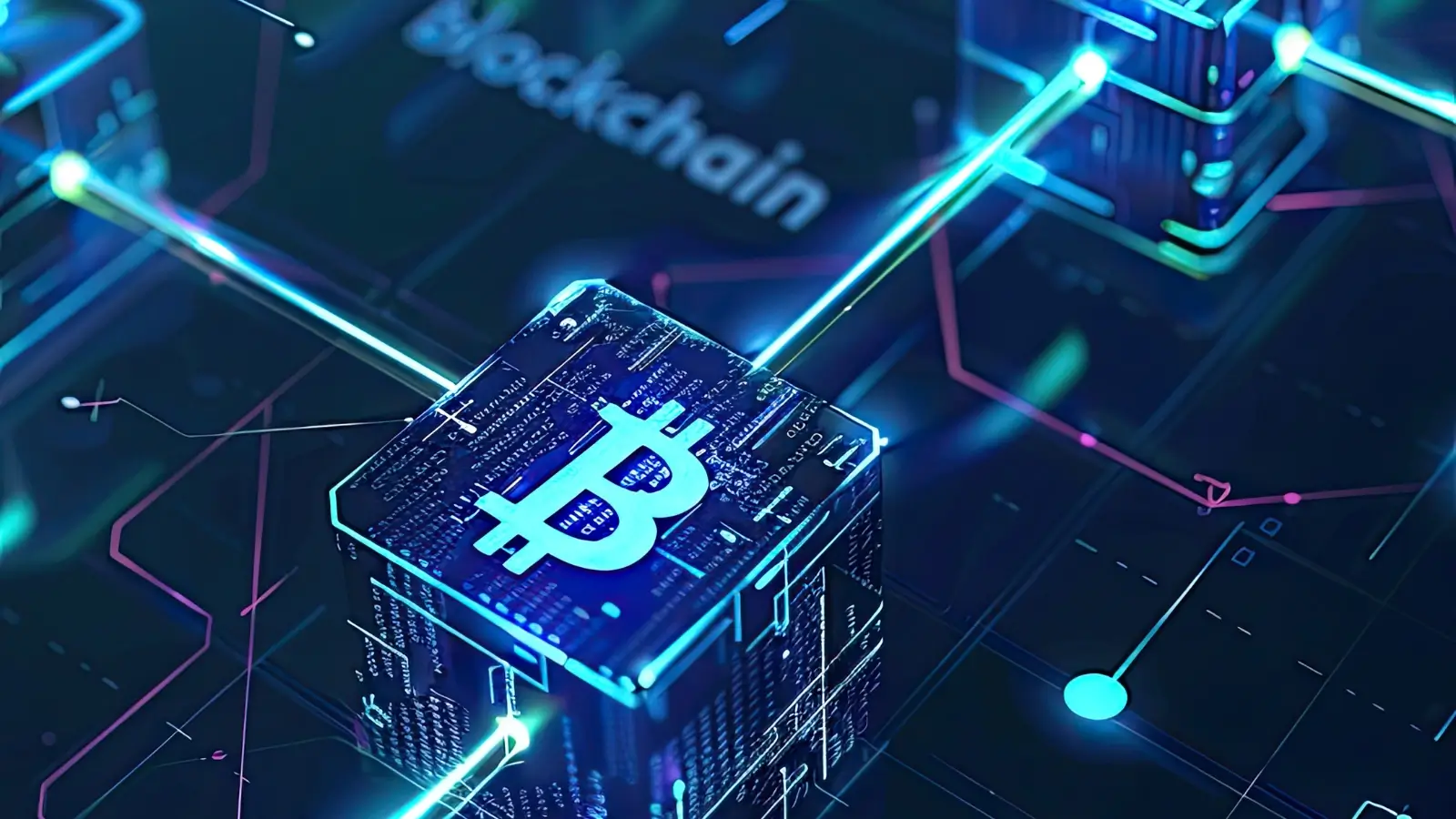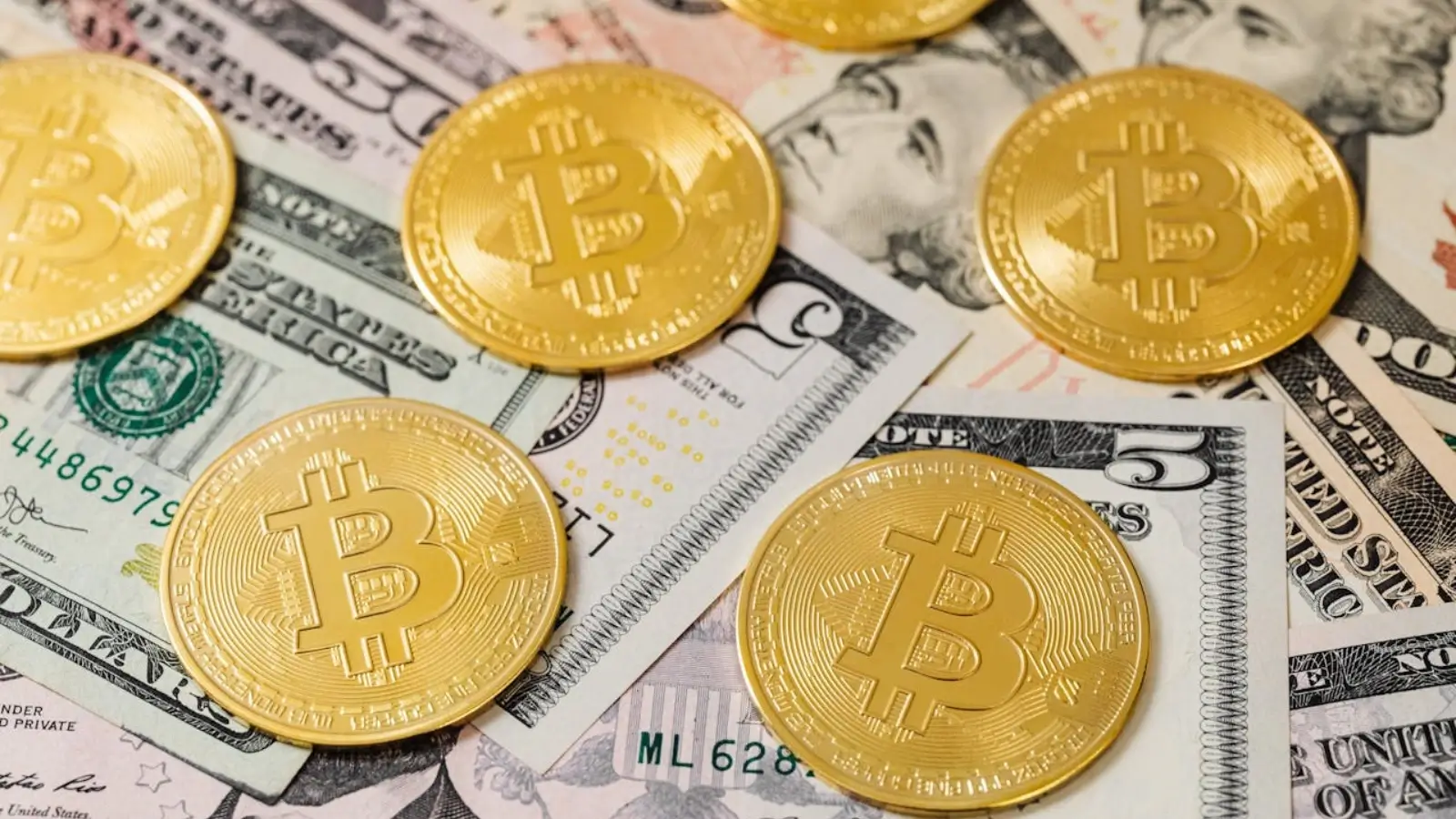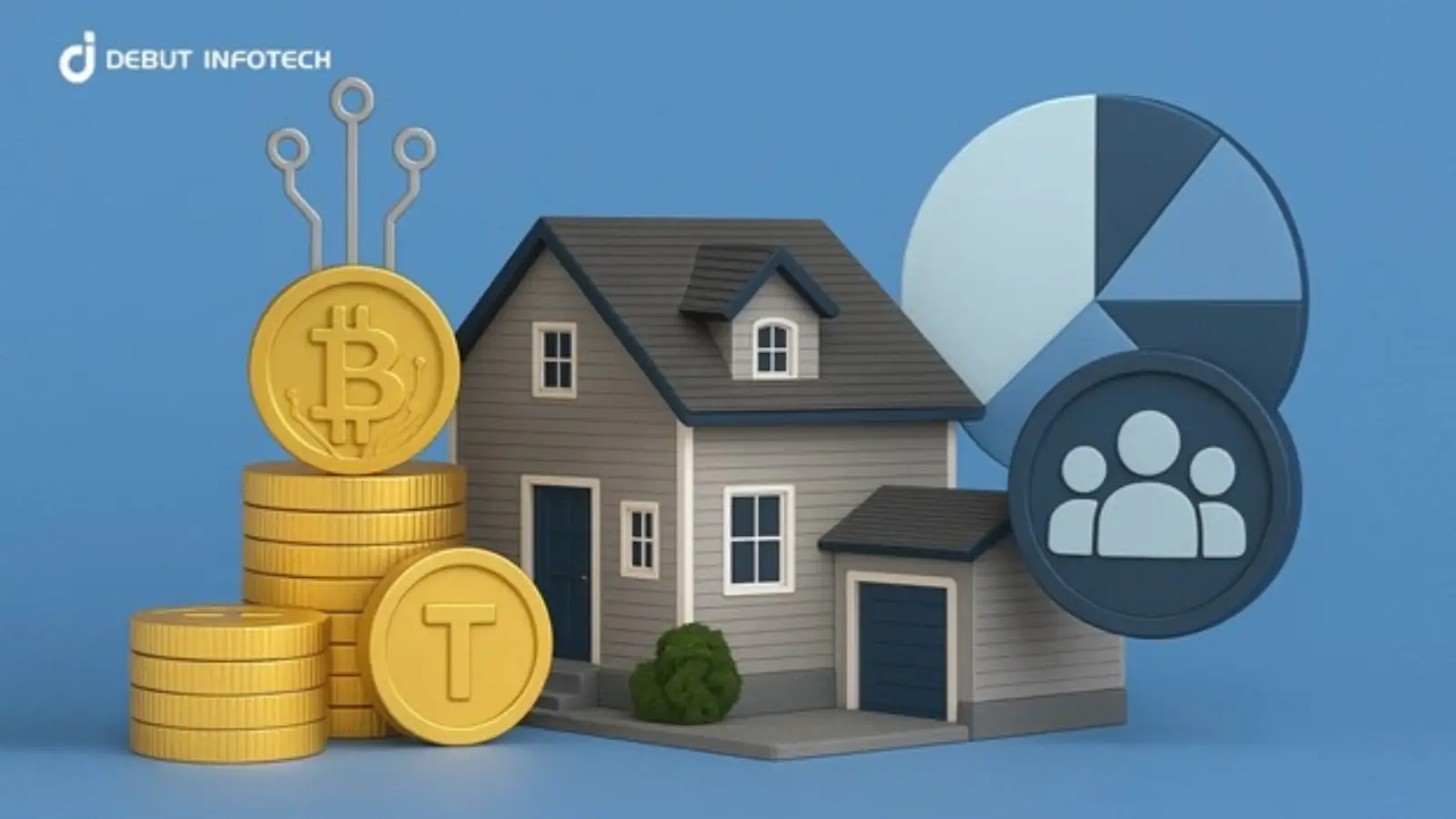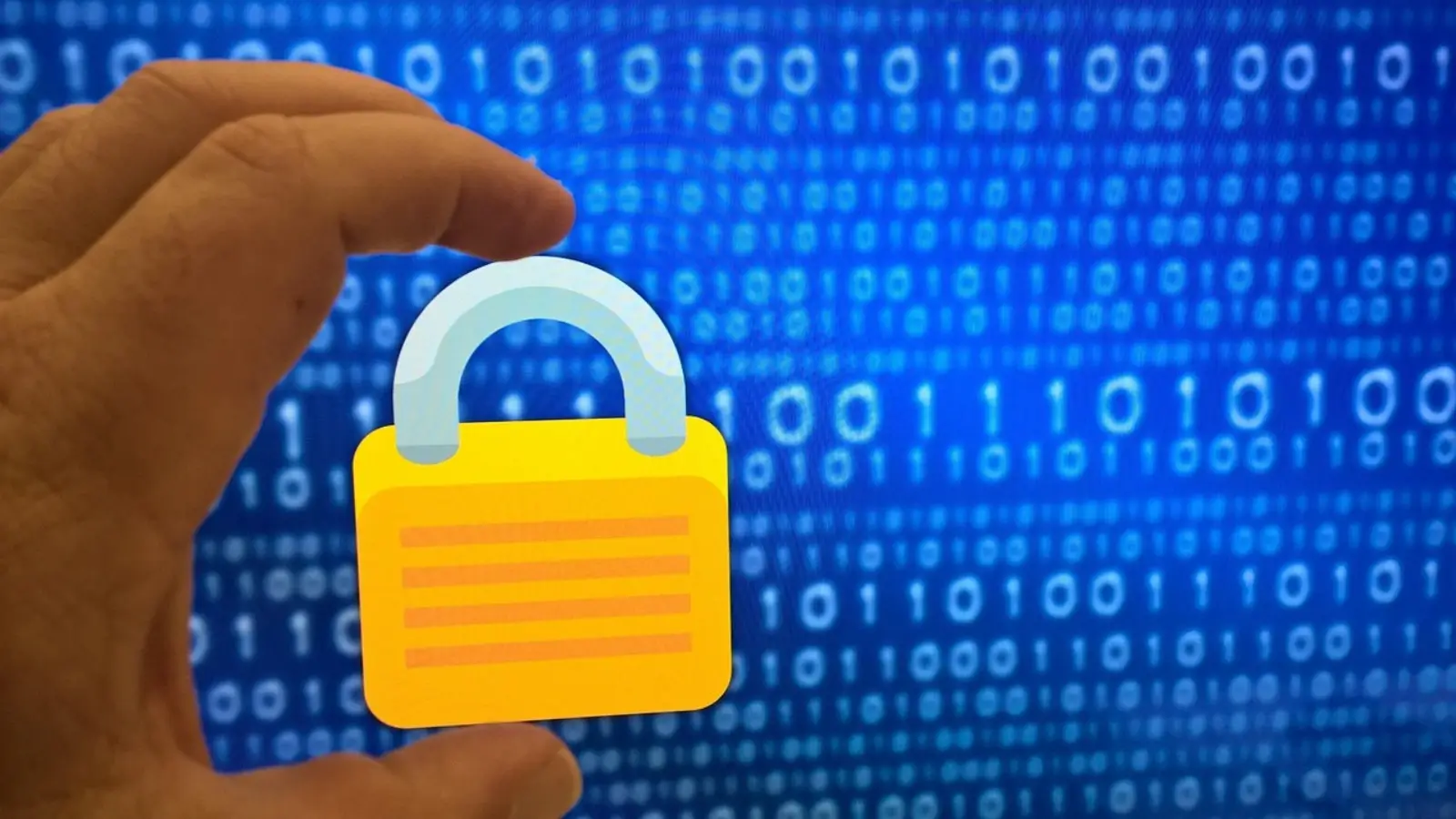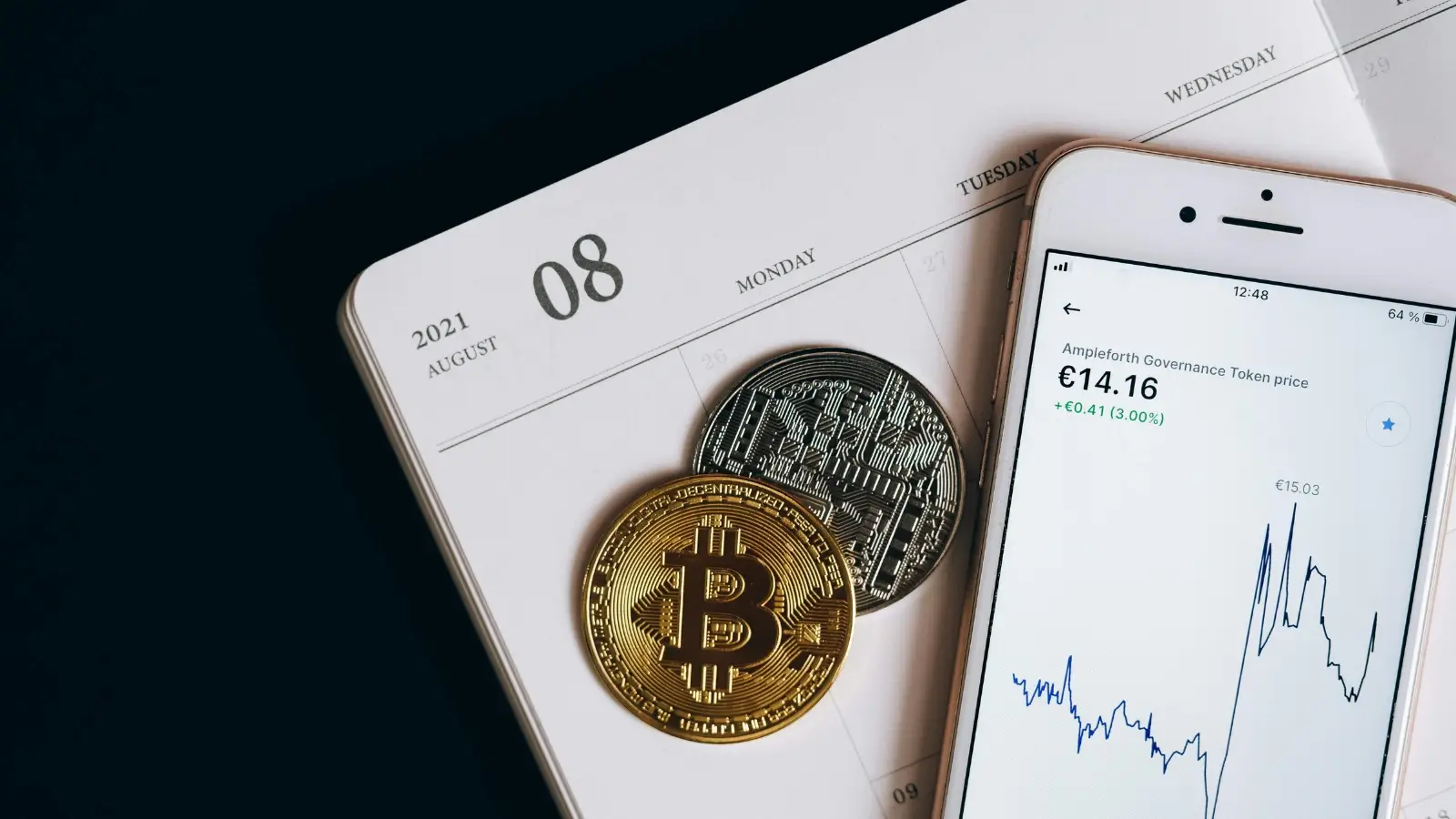Blockchain technology has sparked considerable interest not only in finance and technology but also in the potential to transform societies. Beyond its initial role as the backbone for cryptocurrencies, blockchain offers a decentralized, transparent, and secure way to record and verify information. These attributes have led to discussions about whether blockchain can contribute to building better, more equitable societies. This article explores the ways blockchain could influence social structures, governance, economic systems, and community engagement, while also examining the challenges and limitations that come with its adoption. When markets go up and down quickly, it helps to Visit https://zyntraxvault-br.com/ and learn how to spot patterns early.
The Promise of Transparency and Accountability
One of blockchain’s most significant societal benefits is its potential to enhance transparency. Because blockchain records are immutable and publicly verifiable, they can reduce corruption and misuse of power in various institutions. Governments, for example, can use blockchain to create transparent public records, such as land registries, voting results, or financial transactions, that are accessible to citizens.
This transparency can foster trust between governments and their people, a foundational element for healthy societies. When citizens can verify actions independently, there is less opportunity for fraud or manipulation, potentially increasing public participation and engagement.
Decentralization and Empowerment
Blockchain’s decentralized nature removes reliance on central authorities to validate transactions or maintain records. This decentralization can empower individuals and communities by redistributing control and decision-making power. For example, decentralized autonomous organizations (DAOs) use blockchain to enable groups to govern themselves through collective decision-making without intermediaries.
Such structures may promote more democratic and inclusive participation in social, economic, and political processes. Empowerment through decentralization can reduce barriers to entry and help marginalized groups access resources and opportunities previously controlled by centralized entities.
Enhancing Identity and Privacy Rights
Digital identity management is an area where blockchain can build better societies by giving individuals control over their personal information. Self-sovereign identity systems enable users to own and manage their data, sharing only what is necessary with trusted parties. This approach can improve privacy while streamlining access to services like healthcare, banking, and voting.
By protecting identity rights, blockchain may help reduce identity fraud and exclusion, which are common challenges in many societies. Secure and portable digital identities could facilitate social inclusion and economic participation on a broader scale.
Financial Inclusion and Economic Participation
Blockchain-based financial services have the potential to expand access to banking and credit for unbanked and underbanked populations worldwide. Decentralized finance (DeFi) platforms allow individuals to borrow, lend, and transact without traditional financial intermediaries, lowering costs and entry barriers.
Increasing financial inclusion can empower communities economically, reduce poverty, and enable entrepreneurship. When people have access to secure and transparent financial tools, they can participate more fully in the global economy.
Supply Chain Transparency and Ethical Sourcing
Blockchain can improve supply chain management by providing transparent and tamper-proof records of product origins, handling, and delivery. This capability helps consumers make informed choices and supports ethical sourcing by verifying fair labor practices or environmental standards.
Such transparency can pressure companies to adopt responsible practices, contributing to better societal outcomes in terms of labor rights, environmental protection, and consumer trust.
Challenges and Limitations
Despite its potential, blockchain is not a panacea for societal issues. Several challenges limit its effectiveness. Technological complexity and resource requirements may restrict access for less developed communities, potentially exacerbating existing inequalities.
The energy consumption associated with some blockchain networks raises environmental concerns that conflict with sustainable development goals. Additionally, the immutability of blockchain can make correcting mistakes or removing harmful content difficult, raising ethical questions.
Regulatory uncertainty and resistance from entrenched institutions may also hinder widespread adoption. Without supportive frameworks and education, blockchain initiatives risk remaining isolated experiments with limited impact.
Case Studies and Real-World Applications
Several projects highlight blockchain’s potential in building better societies. In Estonia, blockchain is integrated into government services to secure health records and digital identities. In developing countries, blockchain pilots focus on land title registration to reduce disputes and corruption.
Supply chain initiatives use blockchain to trace food safety and fair trade certifications. DeFi platforms offer new financial tools to underserved populations, while DAOs experiment with community governance models that prioritize transparency and inclusivity.
These examples demonstrate progress but also underscore the importance of contextual adaptation and ongoing evaluation.
The Role of Education and Community Involvement
For blockchain to build better societies, widespread education and community involvement are essential. Understanding the technology’s capabilities and limitations enables informed decision-making and responsible use.
Communities must actively participate in designing and implementing blockchain solutions to ensure they address real needs and respect cultural contexts. Collaborative efforts between technologists, policymakers, civil society, and end-users increase the likelihood of success.
Future Outlook
As blockchain technology matures, its integration with other emerging technologies like artificial intelligence, the Internet of Things, and 5G could amplify its societal impact. Innovations in scalability and sustainability will be critical to overcoming current limitations.
Ongoing dialogue about ethics, governance, and equitable access will shape how blockchain contributes to social progress. While it may not solve all problems, blockchain offers tools that, when thoughtfully applied, can support more transparent, inclusive, and resilient societies.
Conclusion
Blockchain has the potential to build better societies by enhancing transparency, decentralization, identity management, and financial inclusion. Its applications in governance, supply chains, and community organization offer promising avenues for social improvement. However, realizing this potential requires addressing technological, environmental, regulatory, and educational challenges. With careful implementation and broad collaboration, blockchain can contribute meaningfully to creating societies that are more just, accountable, and empowered.

